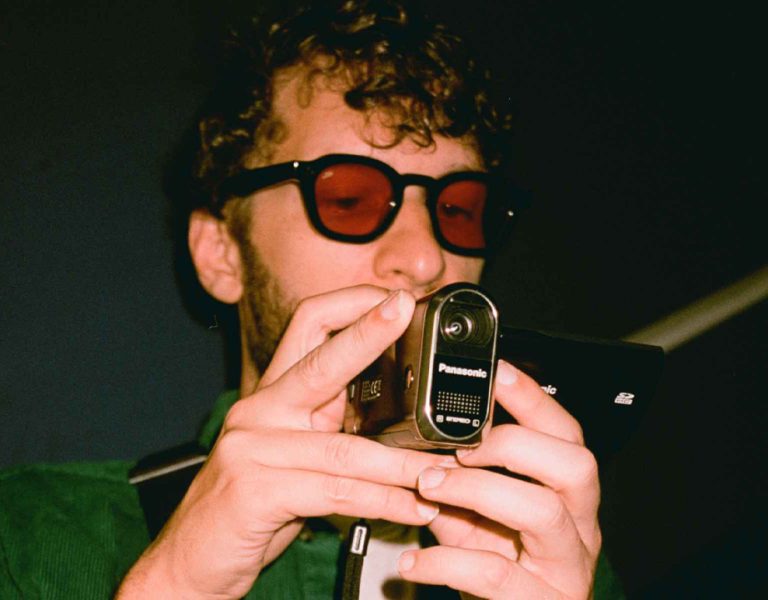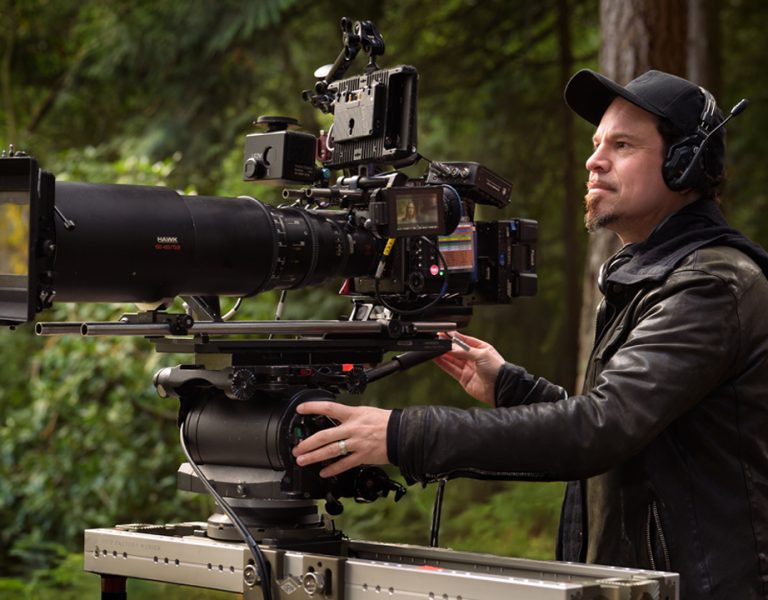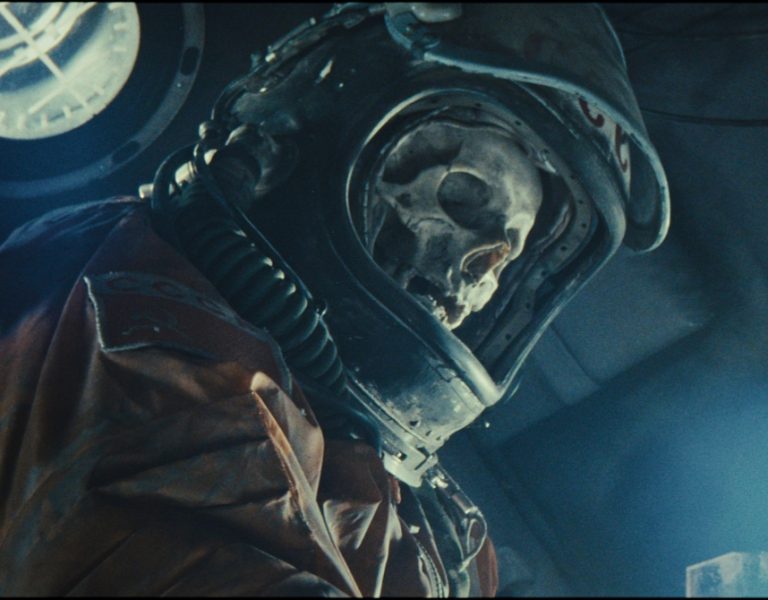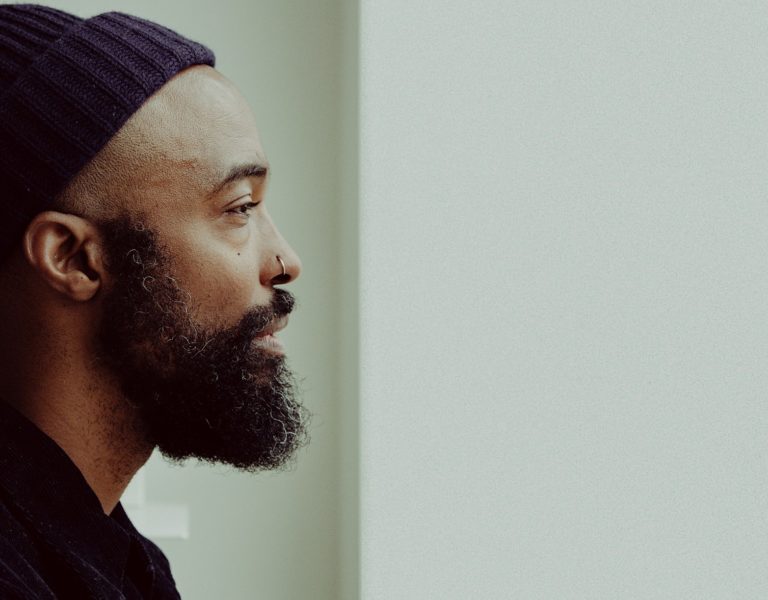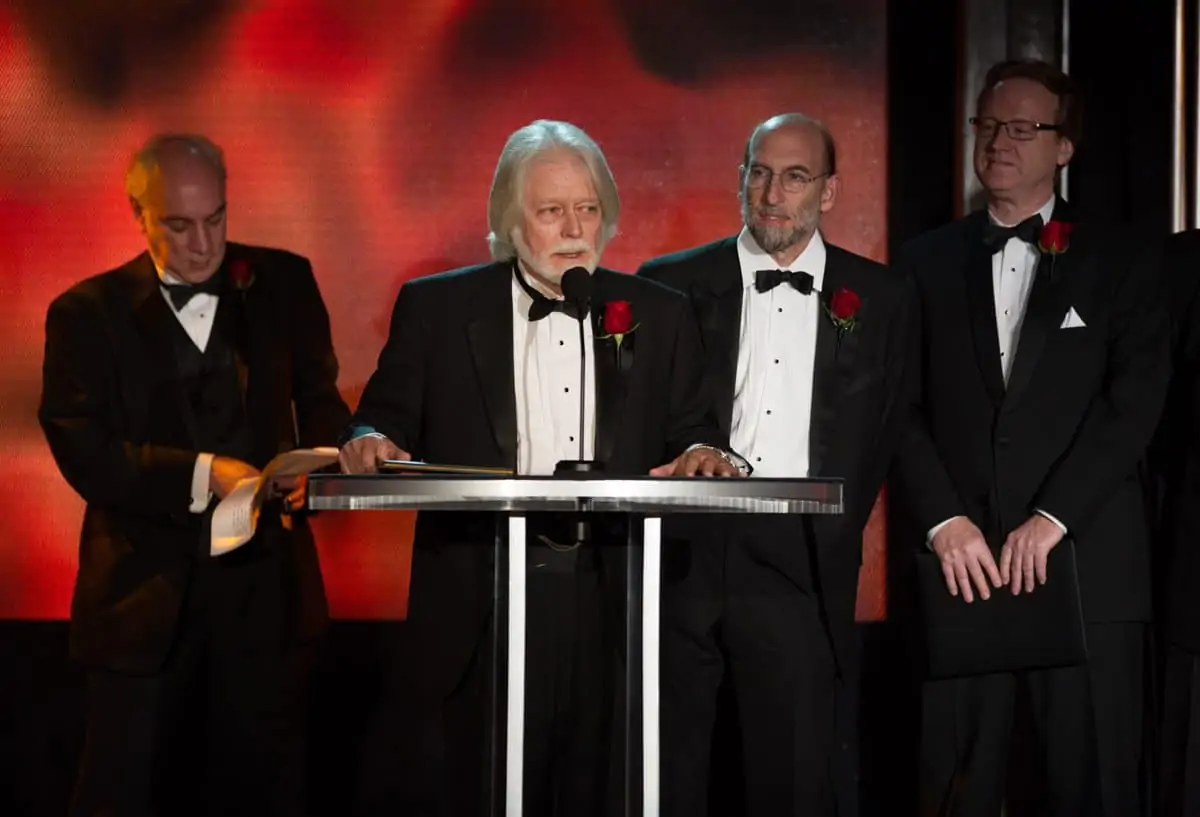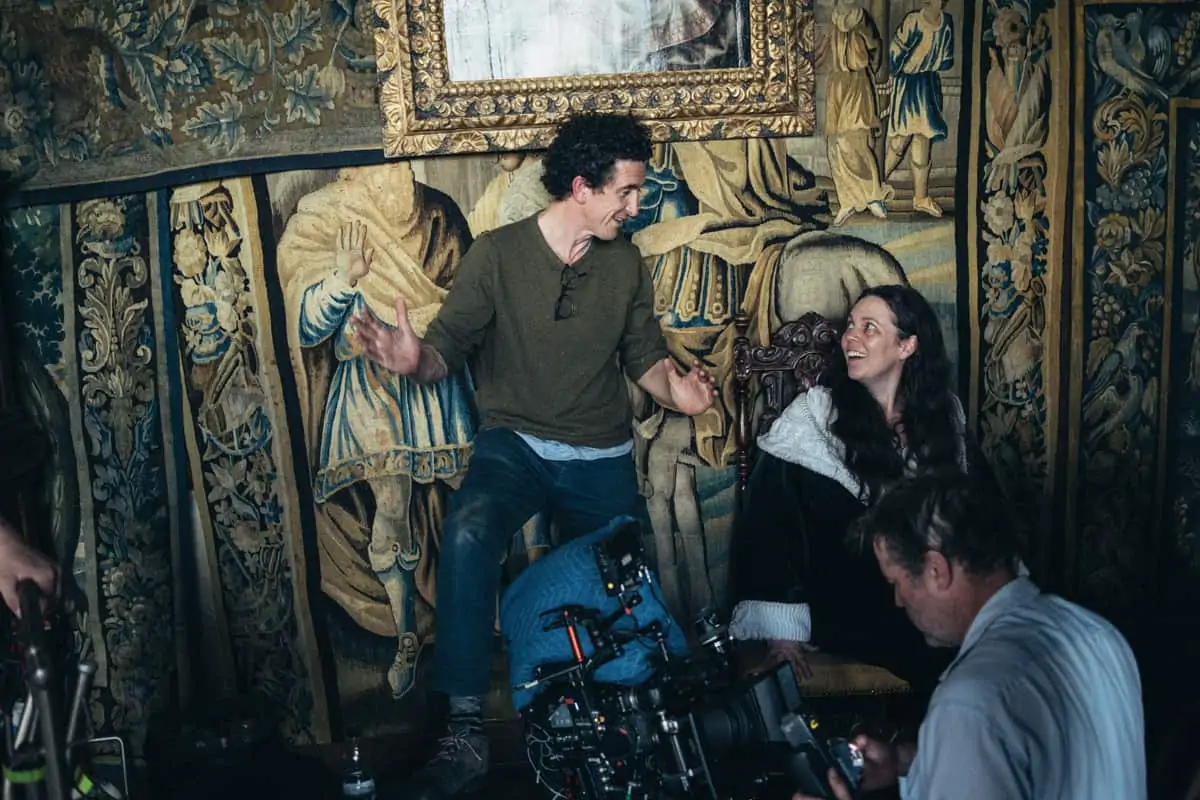Take 40
Innovator / Otto Nemenz
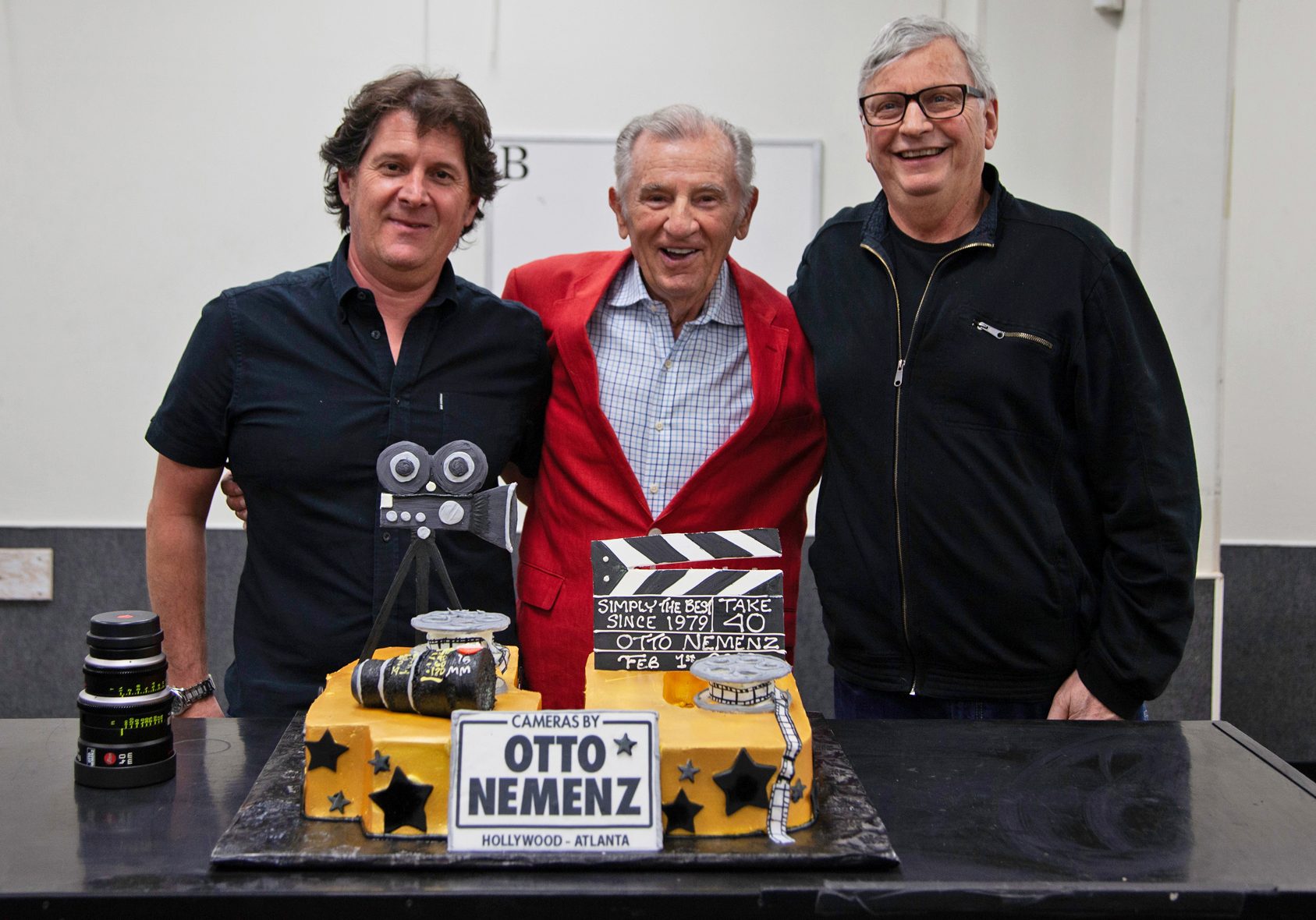
Take 40
Innovator / Otto Nemenz
BY: Mark London Williams
Header Image (l-r): Fritz Heinzle, Marketing Manager; Otto Nemenz, Founder; Alex Wengart, General Manager
Although we like to think of innovation often as a "light bulb" moment for the innovator (perhaps an "LED moment," in the world of modern filmmaking), for Otto Nemenz, the name behind Hollywood's legendary camera shop Otto Nemenz International, or ONI, that innovation may have been innate.
Though Austrian by birth, Otto Constantin Nemenz spent the bulk of his childhood in Istanbul, raised by his mother. The multilingual Nemenz helped his grandmother write and translate the real estate offers she did business in - for his own 10% cut. And later, when the American Fleet would arrive, he'd leave school - without his mother knowing - to offer his services as a tour guide and interlocutor. The chocolates and chewing gum they gave him were sold, in turn, for additional profit.
He learned something else growing up near a port, too: that he loved being in sight of the ocean. And now, in the 40th year of overseeing his own company, he gets to enjoy a couple of distinct views of the Pacific: one from his home in Maui (his company also has a Hawaiian location, along with outlets in Utah and increasingly-busy Atlanta), and the other from his backyard atop the hills in Pacific Palisades.
It was there we caught up with him, after just returning from the Islands, while he mused again about how much he cherished those ocean views. He is also cherishing the view looking back on a storied career that has also included the founding of Cine Gear, a Sci Tech Oscar, and an award of distinction from the ASC.

Armed with an optical engineering degree after college, Otto and his first wife eventually made their way to America, alighting briefly in New York. But it didn't provide those balmy beaches that Otto missed from his own childhood, and Hollywood's siren song lured them further west.
The ambitious young engineer found himself responding to what he thought was an appointment at Panavision in the early 1960s, only to be told - in those days before such responses were emailed - that they'd keep his resume "on file," but had nothing for him at that particular moment.
Dejected, he made his way back to the battered car he'd parked in the rear of the lot, and our story might have ended there, except that Panavision co-founder and head, Bill Gottschalk, roared into the lot in a 1962 Cadillac which Nemenz recognised, and soon a chat about the car's specs led to talk about optical and lens specs. Nemenz was now presenting himself as an Austrian engineer specialising in "precision mechanics," which led to him being taken back into the building, where he wound up with an entry level job cleaning and organising filters.

A few dropped filters later, they were still willing to nurture Nemenz's talents, and he spent the next year honing them as a camera technician.
This not only led him to purchasing his first Eclair camera - the nub of the business he'd launch by decade's end - but also to a job on the James Garner-starring Grand Prix (1966, dir. John Frankenheimer, DPs Lional Lindon/Saul Bass) to be shot in Europe. "I sold myself as an optical technician," he says, and went on to help wrangle the 20 or so Panavision cameras deployed on the shoot, along with the 65mm zooms being used.
"I started freelancing after that," he recounts, but what he also did was start gathering up equipment - tripods, film heads, and a fleet of 16mm Eclairs. "Mine were the best maintained, and the quietest, too." And he began renting them out from his garage. That is, "until my neighbours got upset."
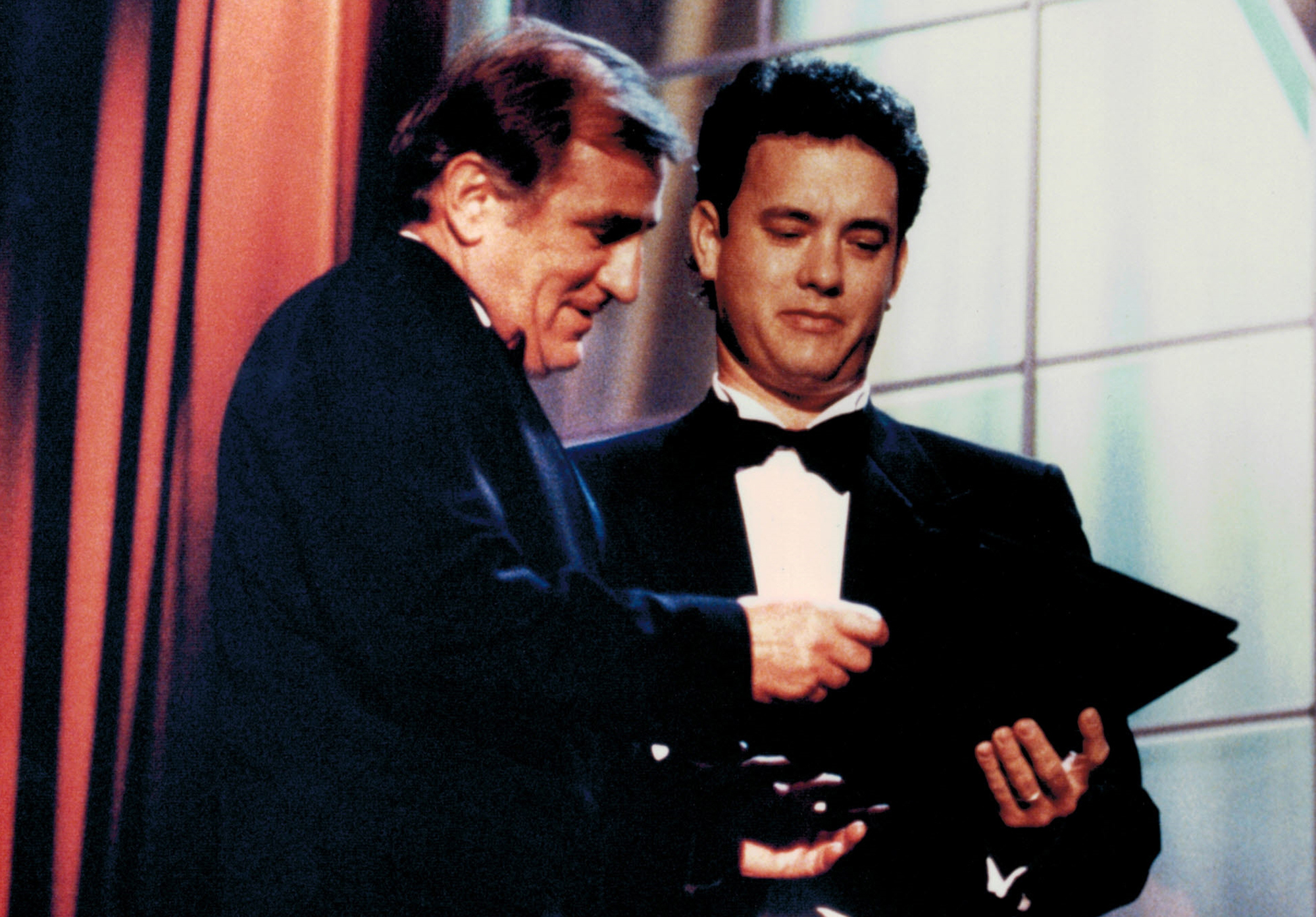
"An ongoing industriousness [from Otto] has included, among other innovations, customising a Canon stills photography lens that the legendary Haskell Wexler ASC brought to him, saying he loved it, "but I can't zoom with it.""
From there, it was a move to 1,000 square feet on Sunset Boulevard, in 1979 - thus making this the 40th anniversary year. And Nemenz notes that his first employee, Alex Wengart - still the general manager of ONI - "has been there longer than me, because I was late the first day!"
But as the second-longest tenured worker in his own company, Nemenz has more than made up for it with an ongoing industriousness that has included, among other innovations, customising a Canon stills photography lens that the legendary Haskell Wexler ASC brought to him, saying he loved it, "but I can't zoom with it."
Machining their own parts, the eventual Canon/Nemenz Zoom Lens would be the one that brought the company its Sci Tech award. Numerous film credits include classics like Terminator: Judgment Day (1991, dir. James Cameron, DP Adam Greenberg ASC), Fargo (1996, dir Joel Coen, DP Roger Deakins CBE BSC ASC), which started a relationship with the Coen Bros. that continues through The Ballad Of Buster Scruggs (2018, dirs. Ethan & Joel Coen, DP Bruno Delbonnel AFC ASC), various Fast & Furious installments, and TV shows too numerous to mention.
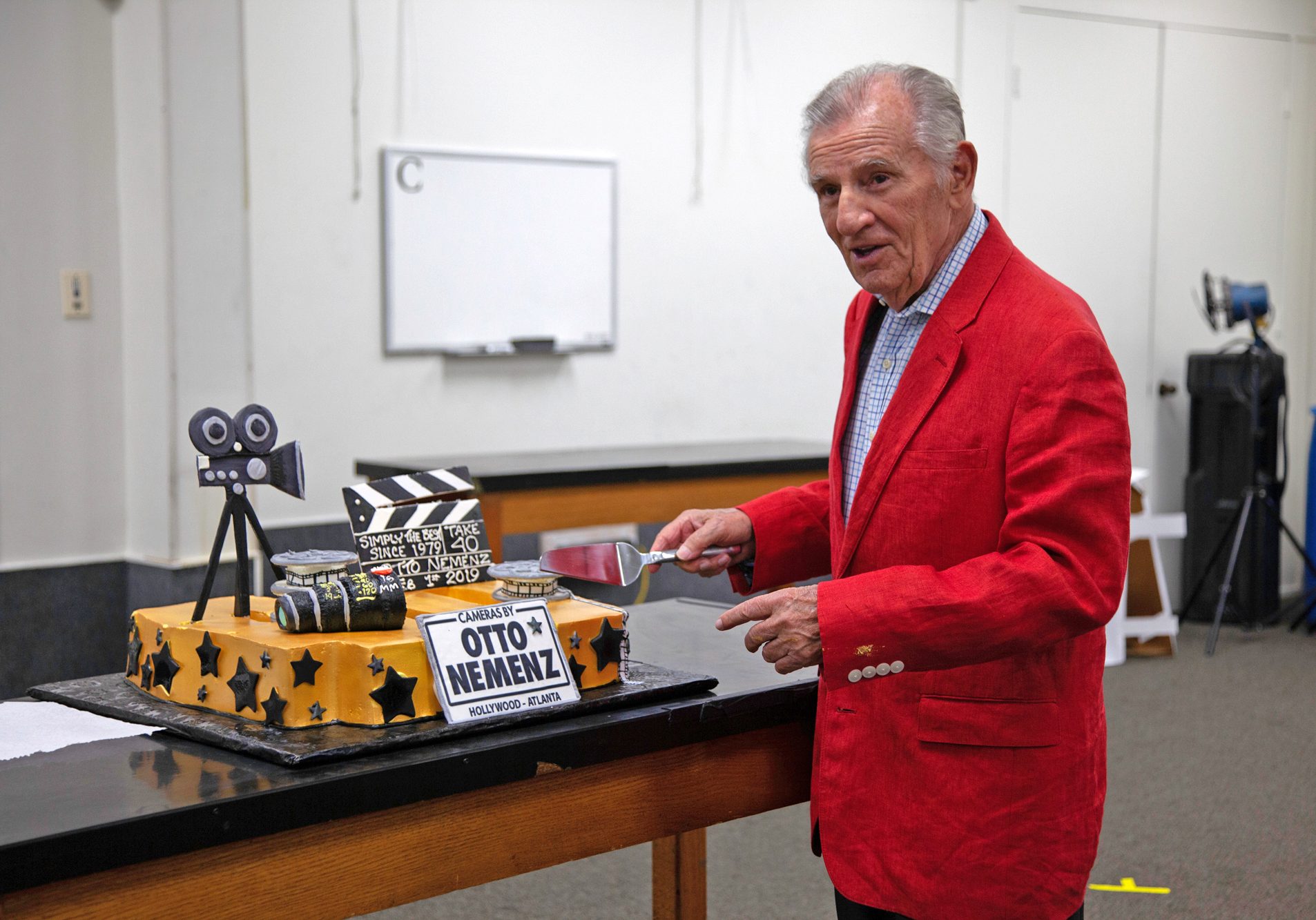
As for the future - the next forty-plus years - ONI will be leaving its storied Vine Street locale, having maxed-out the space, for 40,000 square feet in booming Culver City, closer to where the former MGM, now Sony, is located, and where an expanding Apple - which also started in a garage, just like Otto - will be joining an ever-expanding array of other tech and showbiz brands.
And of course, there'll be an expanded machine shop, which Nemenz says he "loves having." They may not manufacture cameras as such, but they can "make the camera the way you want it."
And people have been wanting them for a very long time. And the company will still be "part of the Westside," Nemenz allows. "It's a good place to be." He also allows that they'll even be that much closer to the ocean - where the view keeps pointing to new journeys ahead.

